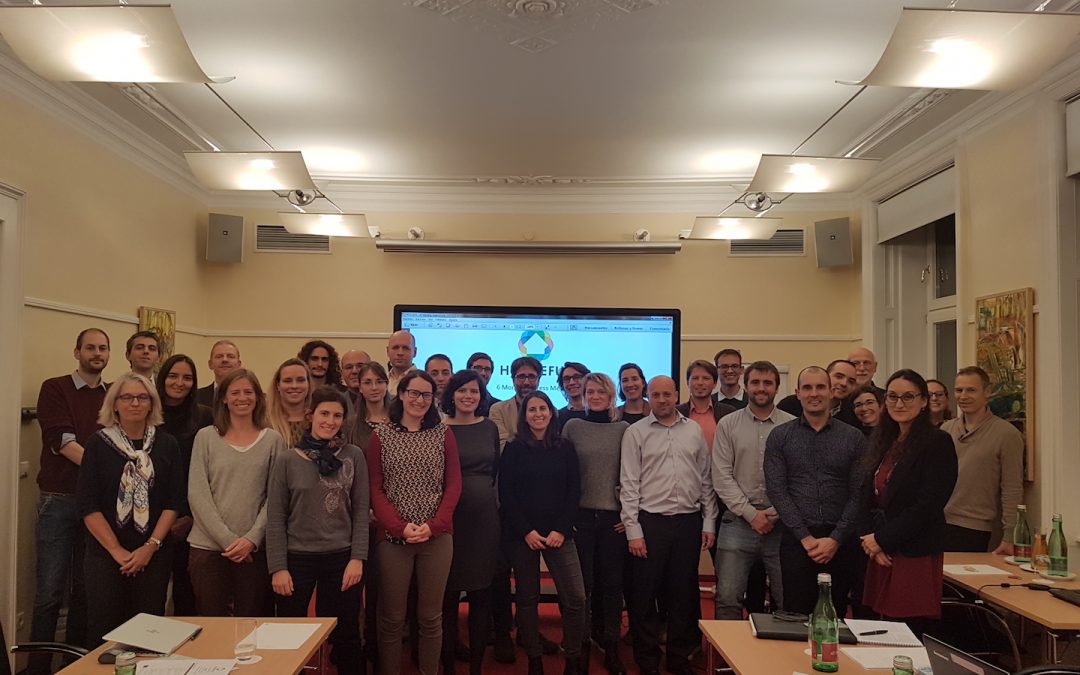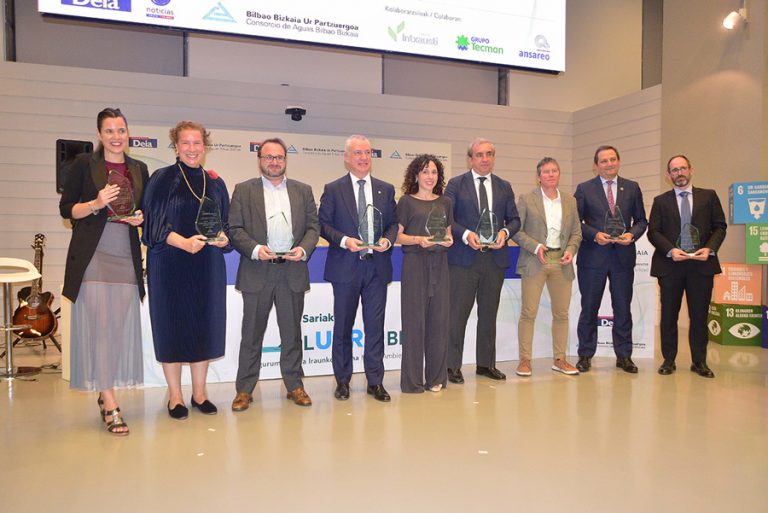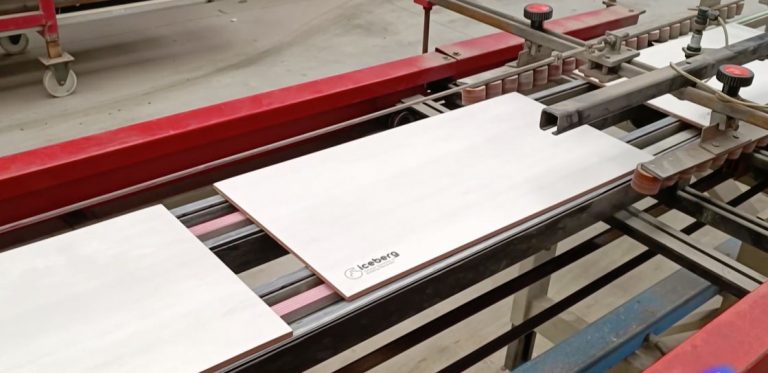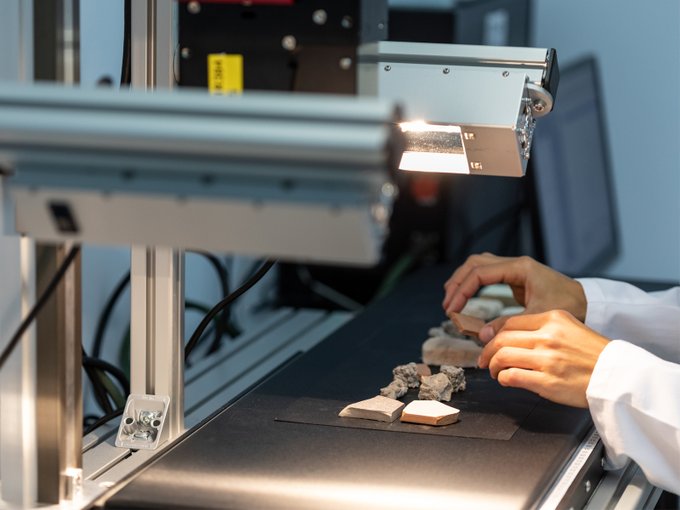Discover what the EU HOUSEFUL project is doing in Spain and Austria for a more sustainable housing sector
At EU level, the housing sector is responsible for 9% of GDP, but it also uses 50% of the extracted materials, 40% and 30% of available energy and water respectively, in addition to causing 30% of total waste and 35% of green-house gas emissions. There is no doubt that radical actions are needed.
To embrace this challenge, the HOUSEFUL project proposes an innovative paradigm shift towards a circular economy for the housing sector. The main goal is to develop and demonstrate 11 circular solutions aimed at the management and the efficient use of water, waste, energy and material resources for all stages of European building’s life-cycle.
The HOUSEFUL approach will be demonstrated on a large scale in 4 demo-sites in Austria and Spain, adapting the concept to different scenarios, including social housing buildings. The project’s solutions will be evaluated from an environmental (Life Cycle Assessment), economic (Life Cycle Cost) and social (Social Assessment) point of view.
Over the course of the project, 10 European Follower buildings will be engaged to replicate HOUSEFUL results and maximise the impact of the project.
More specifically, HOUSEFUL’s main objectives are:
- To develop a methodology to quantify the degree of circularity of buildings at different stages throughout their whole life cycle;
- To demonstrate and validate the project’s methodology at laboratory scale and also at large scale in 4 selected European buildings;
- To assess the potential environmental and socioeconomic impacts of the demonstrated circular strategies;
- To ensure the marketability of HOUSEFUL’s circular solutions as an integrated systemic service, and the development of software-as-a-service for replication of services in the housing sector;
- To deliver policy recommendations at local, regional, national and EU level in order to promote circularity in housing;
- To raise awareness and acceptance of HOUSEFUL services among the public and relevant stakeholders to encourage their replication.
“The project’s solutions will be evaluated from an environmental, economic and social point of view”
HOUSEFUL’s interventions are expected to have the following impacts:
- Reduction in the use of resources (materials, energy and water) in the housing sector;
- Reduction of waste intended for landfill (from current 40% to 10% in 10 years);
- Recovery of >95% of food waste at home level;
- Recycling of >90% of rainwater, greywater and blackwater for production of reclaimed water and biogas;
- Production of high-quality biogas and efficient recovery (>90% conversion yield) as renewable heat and/or power at home level;
- High quality compost production from digestate (approx. 0.55 kg compost/kg digestate);
- Reduction of non-renewable primary energy consumption of buildings by up to 50%;
- Reduction of up to 60% of CO2 emissions, contributing to the efforts to limit the global temperature rise to 1.5 ºC, as provided for in the COP21 Paris Agreement.
HOUSEFUL is a EU-funded project run by a consortium of 16 partners from seven European countries, including leading research centres and universities, as well as companies in the housing sector. Led by Spain’s LEITAT, it started in May 2018 and will run until October 2022
For more information: Website





